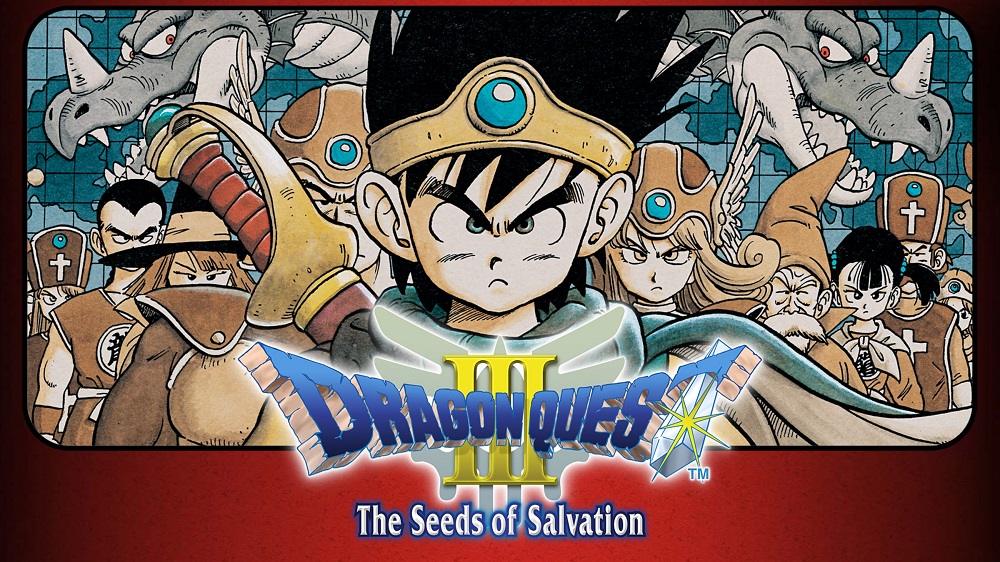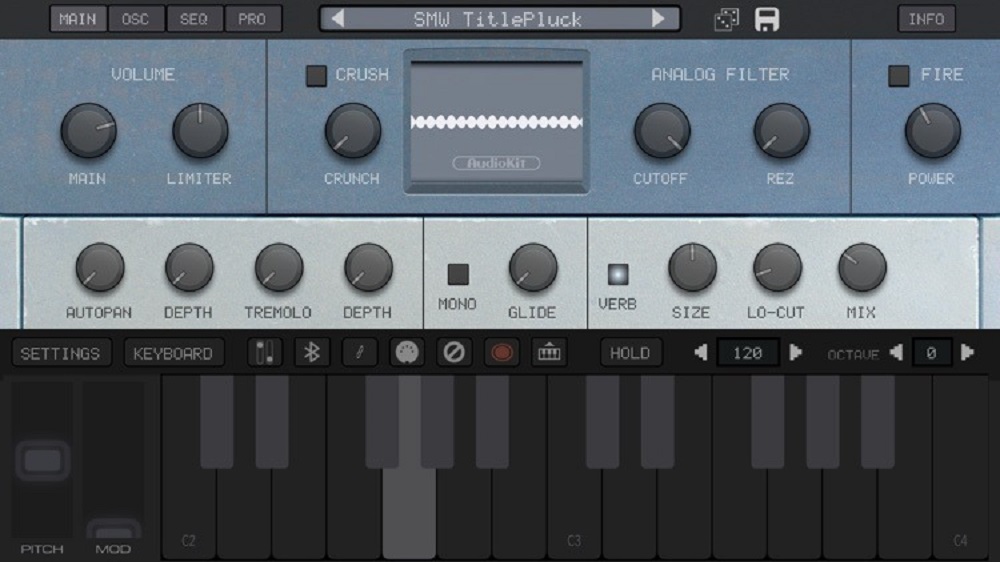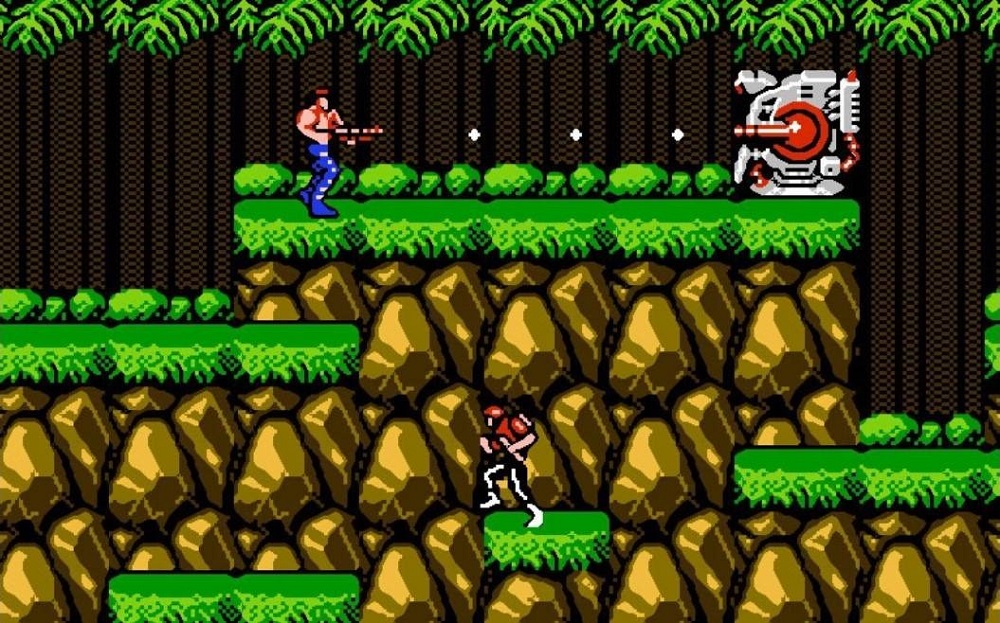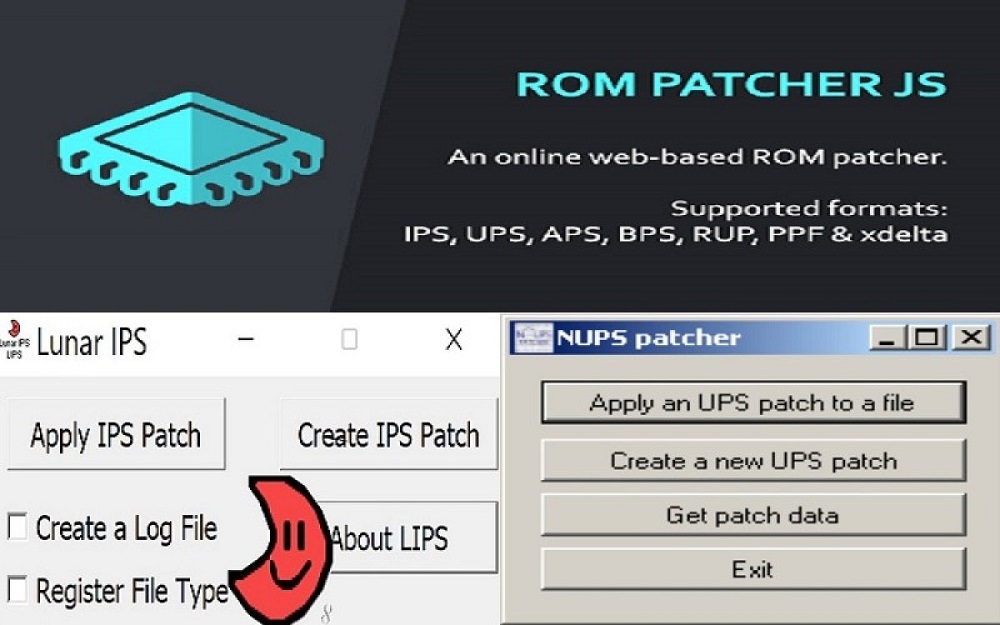In the golden age of RPGs, music was more than background noise — it was the heartbeat of the adventure. Retro RPG soundtracks, built with limited hardware, pushed creativity to its limits. Composers like Nobuo Uematsu and Yasunori Mitsuda turned bleeps and bloops into timeless symphonies that continue to inspire gamers and musicians alike.
At Oldies Nest, we’re celebrating the best music in retro RPGs, exploring how these soundtracks defined storytelling, set emotional tones, and cemented themselves as some of the greatest in gaming history.
Final Fantasy VI (SNES, 1994)

Composer: Nobuo Uematsu
- Iconic Tracks: “Terra’s Theme,” “Dancing Mad,” and “Aria di Mezzo Carattere.”
- Why It Stands Out: Each track reflects the story’s grand, emotional scope.
- Legacy: Considered one of the best RPG scores of all time.
Its sweeping soundtrack proved that video game music could rival film scores in emotional impact, a perfect companion to the best retro RPGs that still hold up.
Chrono Trigger (SNES, 1995)
Composer: Yasunori Mitsuda (with contributions from Uematsu)
- Iconic Tracks: “Frog’s Theme,” “Corridors of Time,” and “To Far Away Times.”
- Why It Stands Out: Seamlessly blends adventure, melancholy, and triumph.
- Legacy: Its music is still performed in orchestral concerts worldwide.
Few RPGs evoke nostalgia as powerfully as Chrono Trigger, with its soundtrack serving as both an emotional anchor and a time-traveling companion.
Secret of Mana (SNES, 1993)

Composer: Hiroki Kikuta
- Iconic Tracks: “Fear of the Heavens,” “Into the Thick of It.”
- Why It Stands Out: Kikuta created custom samples for SNES hardware, giving the game a distinct sound.
- Legacy: Its melodies became synonymous with action-RPG magic.
This is a shining example of how pixel art and music worked together to create unforgettable atmospheres (Pixel Art: A Lasting Legacy of Retro Gaming).
Phantasy Star IV (Genesis, 1993)
Composers: Izuho Takeuchi, Masaki Nakagaki
- Iconic Tracks: “The End of the Millennium,” “Land Master AXV-25.”
- Why It Stands Out: Showcased the Sega Genesis’ FM synth power.
- Legacy: Elevated the Phantasy Star series into RPG greatness on Sega hardware.
Its soundtrack underscored Sega’s attempt to carve space in an RPG market largely dominated by Nintendo.
EarthBound (SNES, 1994)

Composers: Keiichi Suzuki, Hirokazu Tanaka
- Iconic Tracks: “Pollyanna,” “Eight Melodies,” “Battle Against a Weird Opponent.”
- Why It Stands Out: Quirky, experimental, blending pop and avant-garde influences.
- Legacy: Perfectly complemented the game’s humor and heartfelt story.
Suikoden II (PlayStation, 1998)
Composer: Miki Higashino
- Iconic Tracks: “Reminiscence,” “The Chase,” “Gothic Neclord.”
- Why It Stands Out: Sweeping orchestral pieces paired with traditional instruments.
- Legacy: A cult classic RPG elevated by its music.
The PlayStation era marked a leap in audio fidelity, proving once again why the PlayStation changed gaming forever.
Lufia II: Rise of the Sinistrals (SNES, 1995)

Composer: Yasunori Shiono
- Iconic Tracks: “Battle #2,” “The Final Battle.”
- Why It Stands Out: A bold, heroic soundtrack matching its story’s tragic twists.
- Legacy: Often overlooked but cherished among RPG fans.
Dragon Quest III (NES, 1988 / SNES Remake)
Composer: Koichi Sugiyama
- Iconic Tracks: “Overture March,” “Adventure.”
- Why It Stands Out: Defined the series’ musical identity.
- Legacy: Its classical influences shaped the DNA of JRPG music.
Lunar: Silver Star Story (Sega CD, 1992 / Saturn & PlayStation remakes)
Composer: Noriyuki Iwadare
- Iconic Tracks: “Tsubasa wo Kudasai,” “Boss Battle Theme.”
- Why It Stands Out: Fully voiced songs and CD-quality music pushed RPG storytelling forward.
- Legacy: Proved CD-ROM audio could transform immersion.
Persona 2: Innocent Sin (PlayStation, 1999)
Composer: Toshiko Tasaki, Kenichi Tsuchiya, Masaki Kurokawa
- Iconic Tracks: “Opening Theme,” “Battle Theme.”
- Why It Stands Out: Dark, moody compositions that foreshadowed the stylish Persona series.
- Legacy: Remains a hidden gem with a beloved soundtrack.
Why Retro RPG Music Still Resonates
Retro RPG soundtracks endure because they:
- Made limitations into strengths by embracing melody.
- Created emotional connections that defined player memories.
- Inspired remixes, concerts, and even modern indie developers.
Chiptunes and MIDI compositions still thrive in today’s gaming and music scenes, as explored in The Music of Retro Games: Chiptune Power.
Collector’s Perspective in 2025
For collectors, retro RPG music holds both sentimental and financial value:
- Soundtrack CDs: Original Japanese releases like Chrono Trigger OST are rare and pricey.
- Vinyl Reissues: Growing popularity of vinyl culture has revived retro game music.
- Fan Projects: Communities re-record and remix classics for preservation.
Music has become a collectible art form within retro game collecting
Conclusion: The Symphony Lives On
The best music in retro RPGs did more than set the mood — it became part of the adventure itself. From the operatic highs of Final Fantasy VI to the quirky rhythms of EarthBound, these soundtracks are timeless.
Even in 2025, their influence echoes in remasters, concerts, and indie homages. Retro RPG music isn’t just nostalgia — it’s proof that great melodies can transcend technology and time.




